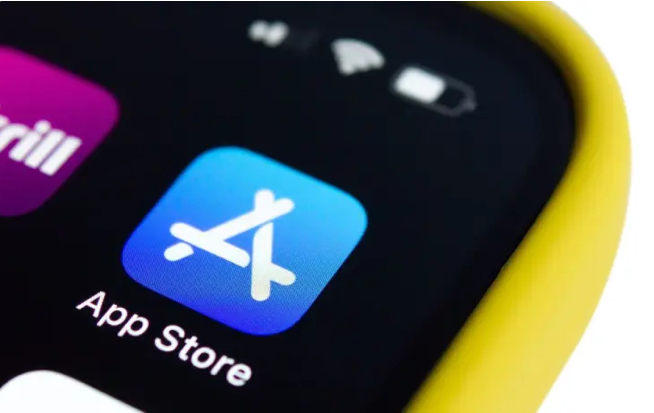Apple iOS 17 sideloading
In Short
Apple is planning to split the App Store into two, one version for the EU and the other for the rest of the world.
The changes are expected to roll out before March 7, which is the deadline for Apple to comply with the DMA.
Except EU, no other regions will get the liberty to access third-party app stores.
For all those eagerly waiting for the iOS 17 Sideloading feature, it’s finally happening. In a recent newsletter, Mark Gurman reported that Apple is gearing up to make the changes to the App Store to allow app sideloading and use of third-party app stores as the EU deadline is approaching. Therefore, even with a sobbing heart, Apple will have to allow sideloading apps on an iPhone, but here’s a catch. The App Store changes will only be available in European regions where the Digital Markets Act (DMA) is applicable. No other countries, not even in the US, will get this freedom.
According to Mark Gurman’s latest newsletter, Apple plans to ‘split the App Store in two’ to comply with the EU’s DMA. So, the App Store will have two versions, one version will adhere to DMA, allowing access to third-party app stores, while the other version will remain the same.
The changes are expected to roll out in the coming weeks, right ahead of the European Union deadline that will force Apple to allow app sideloading. Specifically speaking, March 7 is the deadline for Apple to comply with the DMA, so the tech giant has around 7 weeks in hand to make the required changes. Now, this means sideloading is finally coming to iOS 17 via iOS 17. x updates.
Last week, Apple CEO Tim Cook and the EU’s antitrust chief, Margrethe Vestager met at Apple Park and Vestager reminded him about Apple’s impending obligation to allow users to download apps from third-party app stores. Apple will also have to allow the developers the ability to open up their services outside the App Store and use third-party payment systems for purchases. Now, that’s not all to it. EU’s DMA is likely to force Apple to make prominent changes to how the App Store, Siri, and FaceTime work in Europe.
Well, this news didn’t come as a surprise. The European Union is one of the biggest markets for Apple, so it had to comply with the DMA or keep fighting for it in vain.
Since Apple has consistently opposed the sideloading of apps in the name of privacy and security concerns, it wouldn’t offer that feature widely, not too easily at least.
Although Apple has agreed, it’s a forced decision just like the transition to USB-C on iPhone 15 models.

